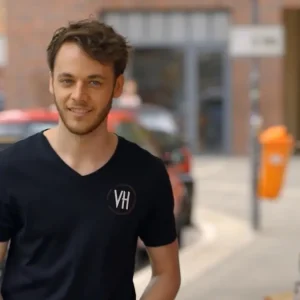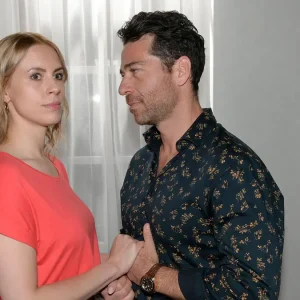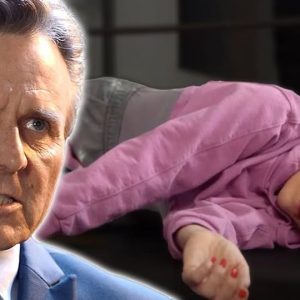## Heinz Hoenig’s Wife on That Shocking Moment: “I Thought My Child Was Dying!” – Daily News (Spoiler Alert!)
The Daily News headline doesn’t lie. “Gute Zeiten” delivers a gut-wrenching scene that will leave audiences breathless. This isn’t your typical soap opera drama; this is a level of intensity that pushes the boundaries of what viewers expect. The focus is squarely on Heinz Hoenig’s character and the devastating event that threatens to tear his family apart.
The film builds to this climax slowly, meticulously establishing the loving, if slightly frazzled, dynamic within the Hoenig household. We see the everyday joys and struggles, the quiet moments of affection that underscore the family’s deep bond. This normalcy is crucial; it heightens the impact of the subsequent tragedy exponentially. The seemingly idyllic life is shattered in a single, horrifying instant.
The “shocking moment” referenced in the headline is a near-fatal accident. While specifics are deliberately vague to maintain suspense for those who haven’t seen the film, the incident involves a significant threat to the life of Heinz Hoenig’s child, played by [Child Actor’s Name]. The scene is brutal in its realism, capturing the sheer terror and helplessness experienced by both Heinz’s character and his on-screen wife.
The article quotes Heinz’s wife’s reaction, “I thought my child was dying!”, and those words perfectly encapsulate the emotional core of the scene. It’s not just a dramatic statement; it’s a raw, visceral expression of a parent’s primal fear, amplified by the visual representation of the accident playing out on screen. The camera work is unsettlingly close, forcing the viewer to share in the wife’s horrific experience. The soundscape is equally devastating, enhancing the impact of the visual trauma.
The aftermath is equally powerful. The film doesn’t shy away from the emotional fallout. We see the family grapple with the trauma, the intense fear giving way to a rollercoaster of emotions ranging from intense relief to profound guilt and lingering anxiety. The audience witnesses the strain on their relationships, the cracks appearing in a seemingly unshakeable bond. The focus shifts to the long road to recovery, showcasing not only the physical healing but also the painstaking process of emotional rehabilitation.
The film doesn’t offer easy answers or convenient resolutions. The lasting implications of the accident reverberate throughout the remaining runtime, casting a long shadow over the seemingly resolved narrative. This isn’t just about a crisis averted; it’s a profound exploration of the lasting consequences of trauma on a family unit. The lingering question becomes, can this family truly recover, or has the devastating incident irrevocably altered their lives? That question, and the powerful emotional response it evokes, is arguably the greatest success of “Gute Zeiten”. It’s a film that stays with you long after the credits roll, a testament to its unflinching portrayal of a family facing unimaginable adversity.





